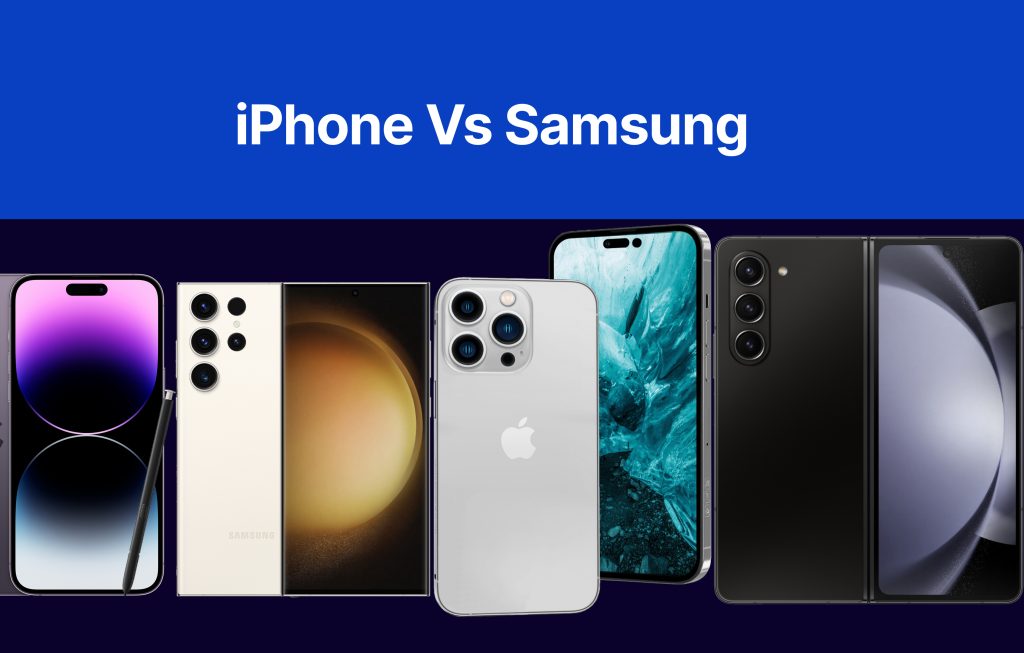
Samsung and iPhone are two major phones with features that cater to various users. While they both offer various exceptional capabilities, you might face a bit of confusion when deciding which one to opt for, we have decided to make it easier for you with this guide. Giving you a general comparison of both brands
iPhone vs Samsung: Comparison of Two Major Phone Brands
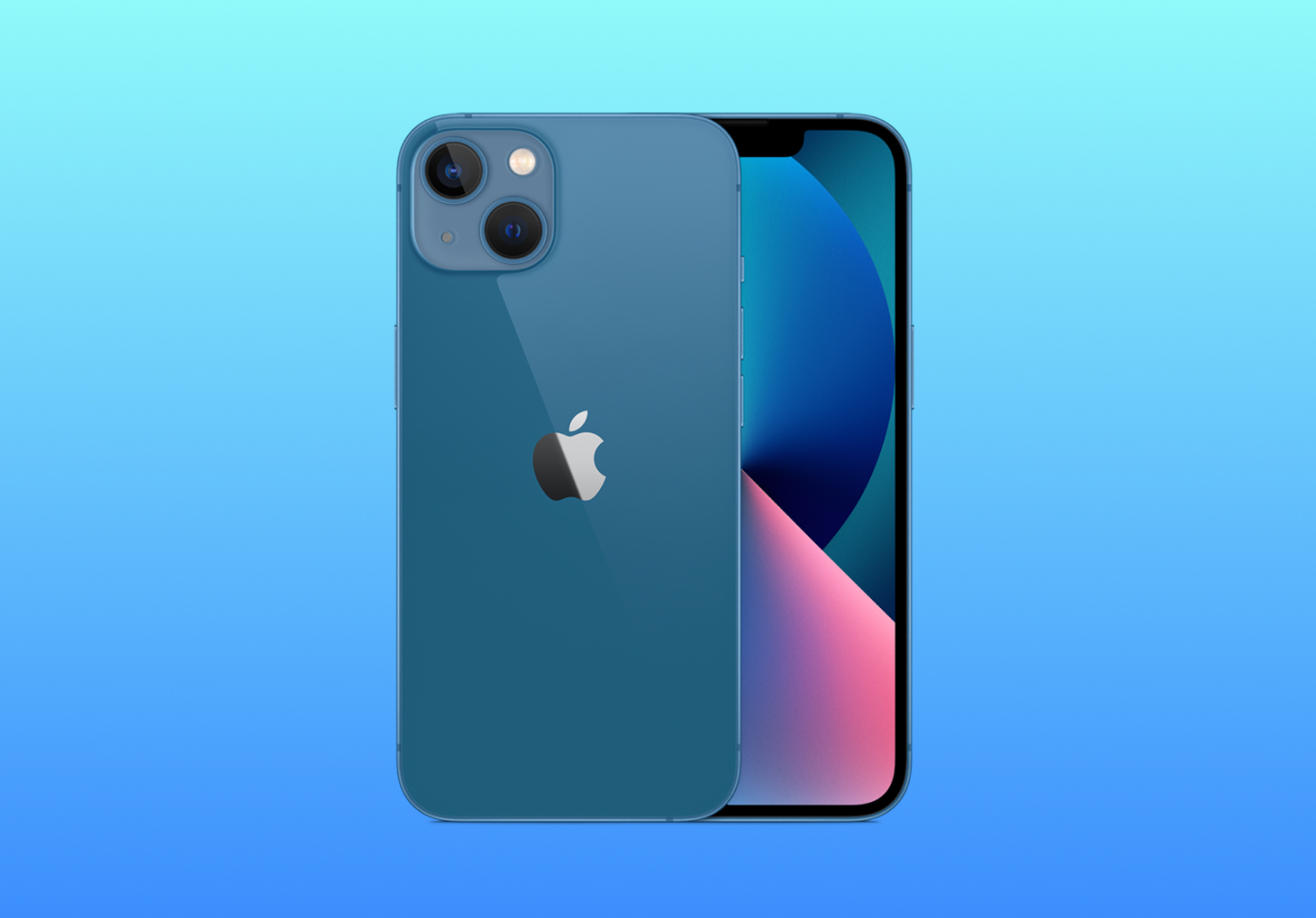
1. Phone Design
The designs of Apple and Samsung phones differ significantly, highlighting each brand’s unique approach. Apple’s iPhone 14 features a flat glass front and back with an aluminium frame, maintaining a consistent and sturdy design. On the other hand, Samsung’s Galaxy embraces a curvier aesthetic with its ‘Contour Cut’ camera module, which seamlessly integrates into the phone’s body, offering a more modern look.
In terms of size and weight, the Galaxy is slightly smaller and lighter than the iPhone, though the differences are minimal and hardly noticeable in everyday use. Both phones are IP68 certified, making them water and dust-resistant, but Apple’s use of a bespoke ceramic glass screen cover is considered more durable compared to Samsung’s Gorilla Glass Victus+.
Display-wise, Apple continues with a prominent notch for its front camera, which some users find intrusive. In contrast, Samsung opts for a more discreet punch-hole design, giving the screen a cleaner appearance. Colour options also vary between the two, with Samsung offering a broader range, while Apple sticks to a more limited yet refined selection.
Overall, Apple’s design focuses on consistency and durability, while Samsung emphasizes modern aesthetics and variety. These differences reflect the distinct philosophies of the two companies in crafting their flagship devices.
Display
iPhone and Samsung are both known for their unique display quality as they have both established a reputation for themself for their screen quality. Let’s explore both brands’ approaches to their exceptional display quality.
Apple
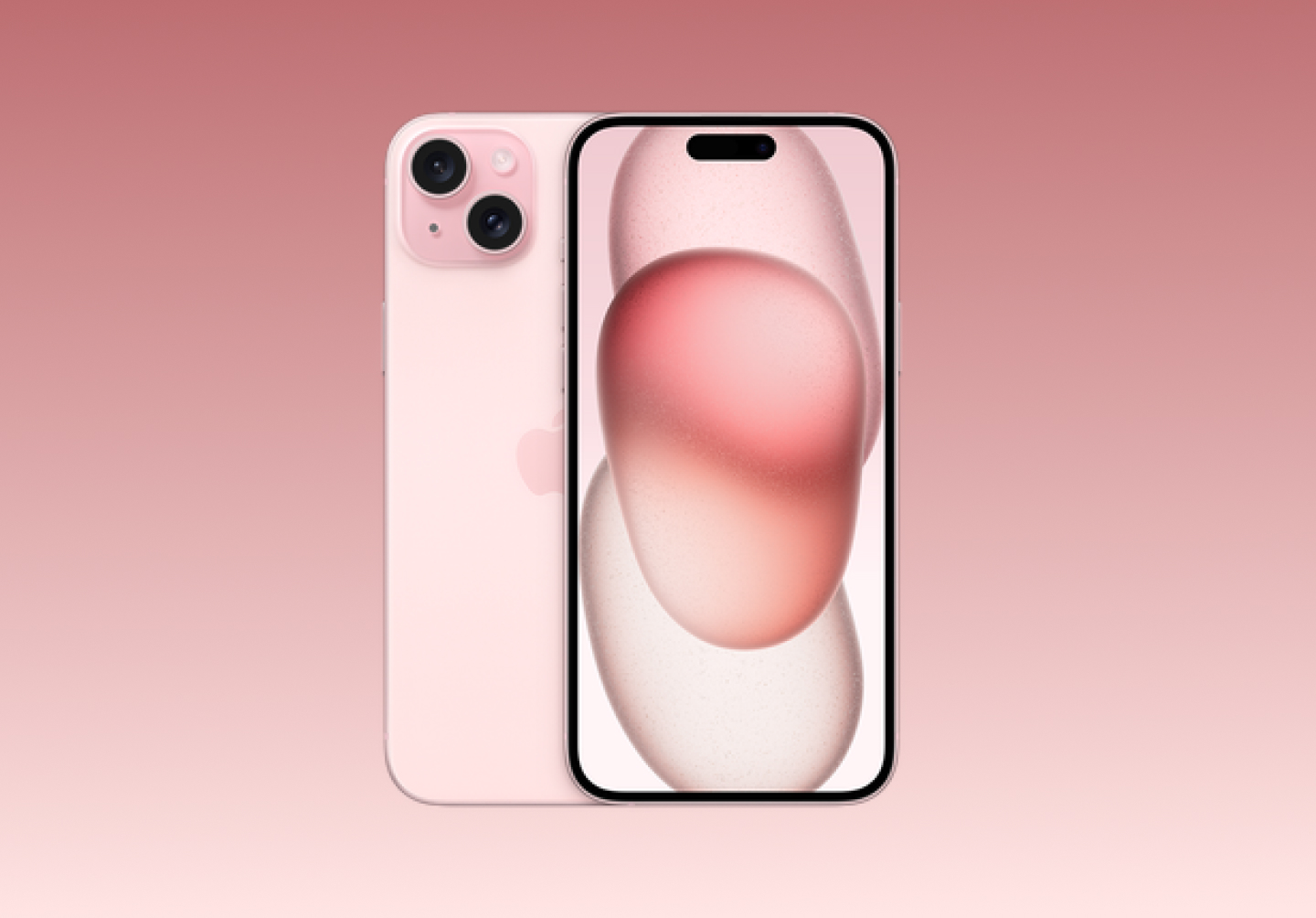
Apple’s displays are known for their accuracy and consistency, making them reliable for professional use and users who prefer natural colours. To maintain this, Apple make use of;
- Retina and Super Retina Displays: Apple emphasizes accurate colour reproduction and sharpness in its displays, offering true-to-life colours with balanced tones. The company introduced ProMotion technology in recent models, featuring refresh rates of up to 120Hz, providing smoother animations and scrolling. However, Apple generally maintains lower refresh rates across its device range compared to Samsung.
- Colour Consistency: Apple focuses on achieving consistent and accurate colour reproduction, making its displays ideal for users who prioritise true-to-life visuals, particularly for tasks like photo editing and media consumption. The screens are calibrated to present colours as they were intended to be seen, without excessive saturation.
Samsung
Samsung’s displays are for users who enjoy vibrant visuals plus customisable options. That gives users a dynamic and tailored viewing experience. For users’ tailored experience, Samsung
- AMOLED Displays: Samsung is renowned for its vibrant and high-contrast AMOLED displays, which are known for deep blacks and rich, saturated colours. Samsung’s displays often deliver a more vivid viewing experience, with colours that pop and an overall dynamic visual presentation.
- Higher Refresh Rates and Customization: Samsung typically offers higher refresh rates, up to 120Hz, across a broader range of devices, providing smoother interactions and a more responsive feel. In addition, Samsung allows users to customize their display settings extensively, enabling adjustments to colour profiles, screen resolution, and other aspects to suit individual preferences.
Cost(Value for money)
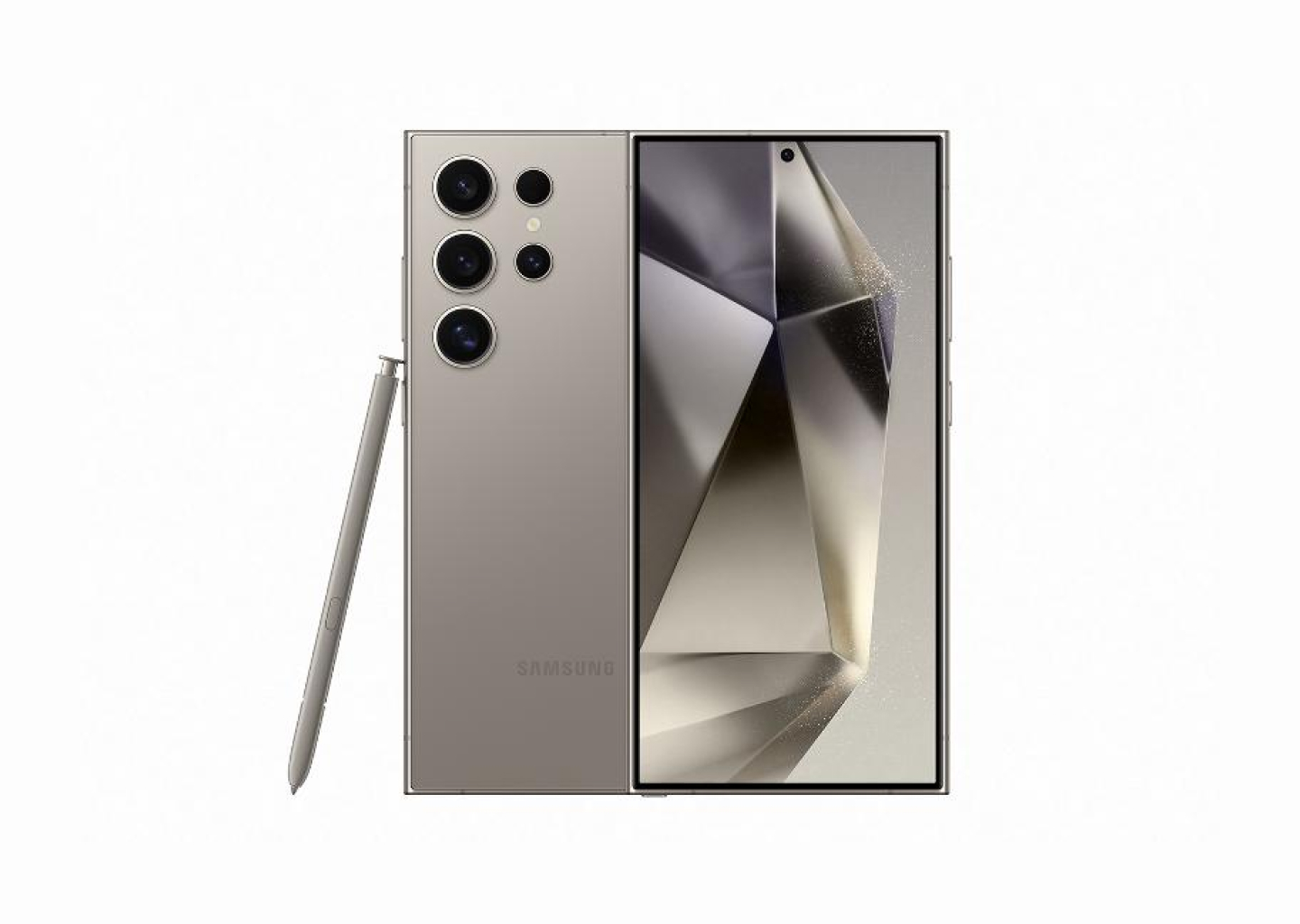
While we were comparing the cost of both brands, we noticed they offer a wide range of prices across different models. However, their pricing strategy varies based on their market positioning.
Apple positions itself as a premium brand which aligns with its brand image. It offers high-quality products at high prices. Apple models are also known for their strong resale value.
- Apple positions itself as a premium brand, with iPhones generally starting at higher price points. The cost reflects not just the hardware but also the seamless integration with Apple’s ecosystem, regular software updates, and brand prestige.
- Limited Discounting: Apple devices tend to hold their value over time, with fewer discounts and sales compared to competitors. The resale value of iPhones is typically higher, which can be a factor for users considering long-term value.
Samsung, on the other hand, offers more flexibility with a wider range of prices and frequent promotions, making its devices accessible to a broader audience.
- Diverse Price Range: Samsung offers a broader spectrum of devices, from high-end models like the Galaxy S and Note series to more affordable options like the Galaxy A series. This variety allows Samsung to cater to a wider audience with different budgets.
- Frequent Discounts and Promotions: Samsung phones are often available at discounted prices, especially shortly after release. This makes them more accessible to budget-conscious consumers. Additionally, Samsung offers more trade-in options and bundles with other Samsung products, providing extra value.
When deciding which one to opt for based on their prices, this choice boils down to the user’s budget, brand preference, and how much value the consumer places on long-term investment versus initial cost.
Battery Life
Apple optimizes its battery life through software efficiency. Apple excels in optimizing battery life through tight integration of hardware and software. Even though it has a smaller battery capacity compared to Samsung, iPhones usually deliver impressive battery longevity due to efficient power management. Also, Apple phone models have a battery health feature that provides its users with detailed battery health management in iOS, allowing users to monitor battery performance and longevity over time.
However, compared to Samsung, it equips its devices with larger battery capacities, especially in its flagship models. This results in longer battery life, particularly in standby and video playback. Samsung also offers faster charging options and multiple power-saving modes that extend battery life, giving users more control over how their battery is consumed.
Software and Ecosystem
When it comes to Apple software, it’s iOS is known for its simplicity, consistency, and seamless integration across Apple devices. iOS is tightly controlled, offering a polished user experience with regular updates across all supported devices. The interface is intuitive, with a focus on ease of use, making it accessible to a broad audience. Not just that, the App Store is curated, with strict guidelines that ensure apps meet quality and security standards.
On the other hand, Samsung makes use of Google’s Android operating system, layered with its own One UI skin. This software provides more customisation options than iOS, allowing users to tailor their phones to their preferences. While Android offers more flexibility, it can also lead to a divided experience, with varying levels of optimisation across devices. Samsung’s One UI is designed to be user-friendly, with a focus on large icons, intuitive gestures, and useful features like Samsung DeX, which transforms the phone into a desktop-like experience when connected to a monitor.
Ecosystem
Apple’s ecosystem is one of its strongest selling points. Devices such as the iPhone, iPad, MacBook, Apple Watch, and Apple TV work together seamlessly. There are also features like Handoff, AirDrop, and iCloud that allow users to switch between devices effortlessly, ensuring a consistent experience. This integration extends to services like Apple Music, Apple Pay, and iMessage, creating a united environment where all Apple products and services are interconnected.
But we see Samsung’s ecosystem as more diverse and open than Apple’s. Samsung supports a wide range of devices, including smart TVs, wearables, home appliances, and other Android-based products. Samsung SmartThings serves as a central hub for managing connected devices, offering broad compatibility with third-party products. While not as tightly integrated as Apple’s ecosystem, Samsung’s approach allows for more flexibility and compatibility with non-Samsung devices, appealing to users who prefer a more customisable and open system.
Camera
Apple cameras have been consistent in delivering consistent, natural-looking photos and top-tier video quality, making them ideal for users who aim for simplicity.
Apple’s iPhone cameras are known for their consistency and colour accuracy. Apple emphasizes a natural look in photos, with realistic colors and tones. The camera software is optimized for simplicity, allowing users to get great shots without needing to adjust settings.
It features Smart HDR, Deep Fusion, and Night Mode to enhance image quality in various conditions, ensuring a balanced, true-to-life representation. Apple excels in video recording, offering high-quality 4K video at up to 60fps, with features like Dolby Vision HDR for enhanced contrast and dynamic range. The iPhone’s video stabilization is top-notch, making it a preferred choice for content creators.
Samsung’s cameras, particularly in the Galaxy S and Note series, are known for their advanced hardware, including high-resolution sensors and versatile zoom capabilities. Samsung often pushes the envelope with features like 100x Space Zoom and larger sensor sizes, which capture more detail. The cameras are also highly customizable, allowing users to tweak settings to their preferences, offering a more hands-on experience for photography enthusiasts.
Samsung leverages AI to enhance photos, often resulting in vibrant, saturated images that are visually striking. The Scene Optimizer adjusts colours and exposure automatically, making photos look more dynamic, which appeals to users who prefer punchier visuals.
AI Features
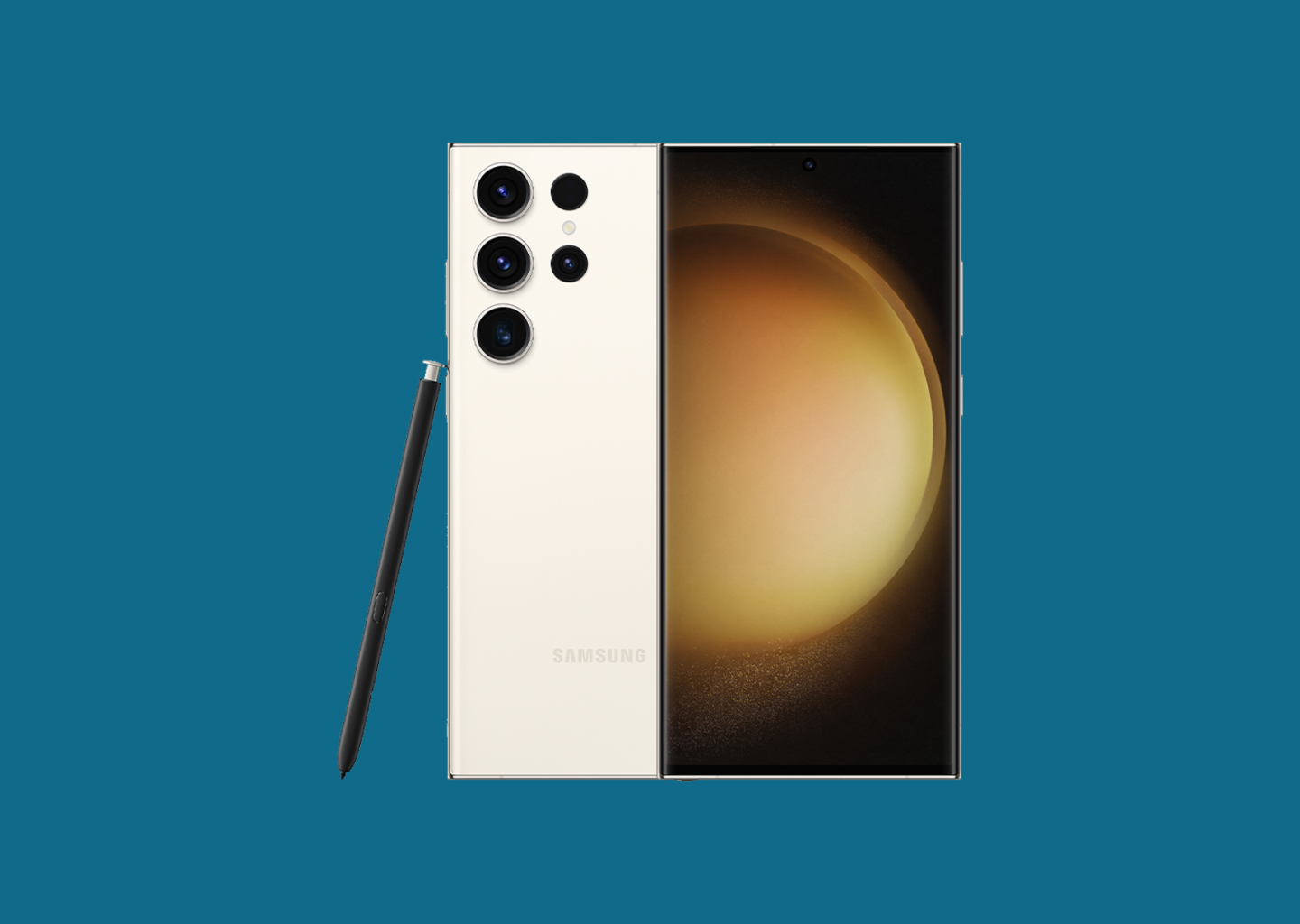
Apple
- Siri and On-Device AI: Apple’s AI is integrated deeply into iOS through Siri, Apple’s voice assistant, and other features like Face ID, which uses AI for secure facial recognition. Apple focuses on privacy, with most AI processing done on-device. This ensures data remains secure and minimizes the need for cloud-based processing.
- AI in Photography and Software: Apple’s AI also enhances photography with features like Smart HDR and Deep Fusion, which analyze images to improve detail and colour accuracy. AI-driven features like predictive text and Siri suggestions learn user habits to provide a more personalized experience.
Samsung
- Bixby and AI-Powered Features: Samsung’s AI is powered by Bixby, the brand’s voice assistant, which is designed to control Samsung devices and services through voice commands. Samsung also integrates AI into its camera with Scene Optimizer, which recognizes scenes and automatically adjusts settings for the best photo.
- AI in Device Management and Customization: Samsung uses AI to optimize battery life, manage device performance, and provide personalized recommendations. Features like Adaptive Power Saving and Smart Widgets demonstrate how Samsung leverages AI to improve the overall user experience.
Conclusion
In conclusion, both Apple and Samsung excel in different areas, offering unique strengths across various features. Apple’s ecosystem is tightly integrated, with a focus on privacy, simplicity, and consistency, making it ideal for users who value a seamless experience across devices. Samsung, on the other hand, provides greater customization, advanced hardware, and a broader range of AI-powered features, appealing to users who prefer versatility and more control over their devices. The choice between the two ultimately depends on personal preferences, priorities, and how much value is placed on specific features like camera quality, AI integration, and overall ecosystem.
